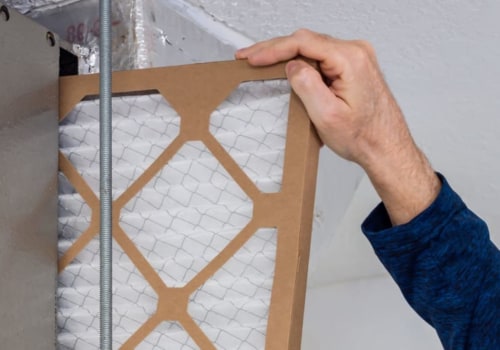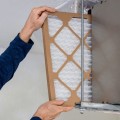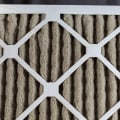When it comes to improving the air quality in your home, the best rating for residential HVAC systems is MERV 13. Higher MERV ratings are more effective at filtering out contaminants, but they can also be more expensive and may not be necessary for your home. The recommended MERV rating for oven filters is between 6 and 8, as this provides a great balance between maximum oven efficiency and home comfort. MERV stands for Minimum Efficiency Reporting Value and is a rating system developed by ASHRAE (American Society of Heating, Refrigeration, and Air Conditioning Engineers).
It is used to measure the effectiveness of air filters. The higher the number, the better the filter. Filters with a MERV rating of 1 to 6 are considered to be the lowest range, but this doesn't mean they should be avoided. When selecting a filter for your HVAC system, it's important to check if there is a maximum MERV rating that it can handle.
Air filters with higher MERV ratings remove a higher percentage of contaminants from the air, improving indoor air quality. Filters with a MERV rating of 16 to 20 are typically used in specialized commercial environments such as hospitals, cleanrooms, and nuclear power plants. A filter with a MERV rating between 1 and 6 can remove particles between 0.3 and 10 microns with an efficiency of 20%. Unlike other scales which focus on increasing the number of particles passing through an air filter, MERV was designed to offer a balance between particle filtering and energy efficiency.
Filter technology has advanced significantly over the years, and MERV ratings are designed to help us choose the most effective and efficient air filter options for heating and cooling systems. Obtaining filters with the correct MERV ratings is essential to ensure that the air is well filtered without overloading the HVAC system.










